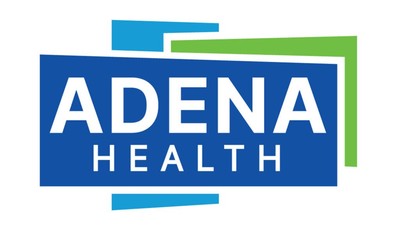
New Ohio Social Media Parental Notification Act Now In Place
Article Presented By McDonald’s…
(Columbus) – Following the recent signing of the state operating budget by Ohio Governor Mike DeWine, various organizations have shared their support for the Social Media Parental Notification Act, which was included in the budget and championed by Lt. Governor Jon Husted. The new initiative will require certain online companies to obtain verifiable parental consent to contractual terms of service before permitting kids under the age of 16 to use their platforms.
The law also includes a requirement for companies to provide parents with their privacy guidelines to show them what will be censored or moderated content on their child’s profile.
“It is a fact that tech companies are targeting children with addictive algorithms on social media, and it is negatively affecting their physical and mental health,” said Lt. Governor Husted. “This new law gives parents a greater say in if, how and when their children use these platforms.”
Read statements of support of the Social Media Parental Notification Act here.

Social Media Parental Notification Act
- Companies must:
- Create a method to determine whether the user is a child under the age of 16
- Obtain verifiable parental or legal guardian consent
- Send written confirmation of the consent to the parent or legal guardian
- If the user indicates that they are under the age of 16 via the splash page, the following methods can be used for verification:
- Sign a digital form consenting to the terms of service
- Use a credit card, debit card, or other online payment system
- Call a toll-free telephone number
- Connect to trained personnel via video-conference
- Check a form of government-issued identification
- Who this includes:
- Social media and online gaming/activities companies: Facebook (Meta), Instagram, YouTube, TikTok, Snapchat, etc.
- Who this does NOT include:
- E-commerce: Online shopping
If a parent or legal guardian fails or refuses to consent to the terms of service, the company must deny access or use of the online website, online service, online product, or online feature by the child.
Companies have until January 15, 2024 to comply.



























